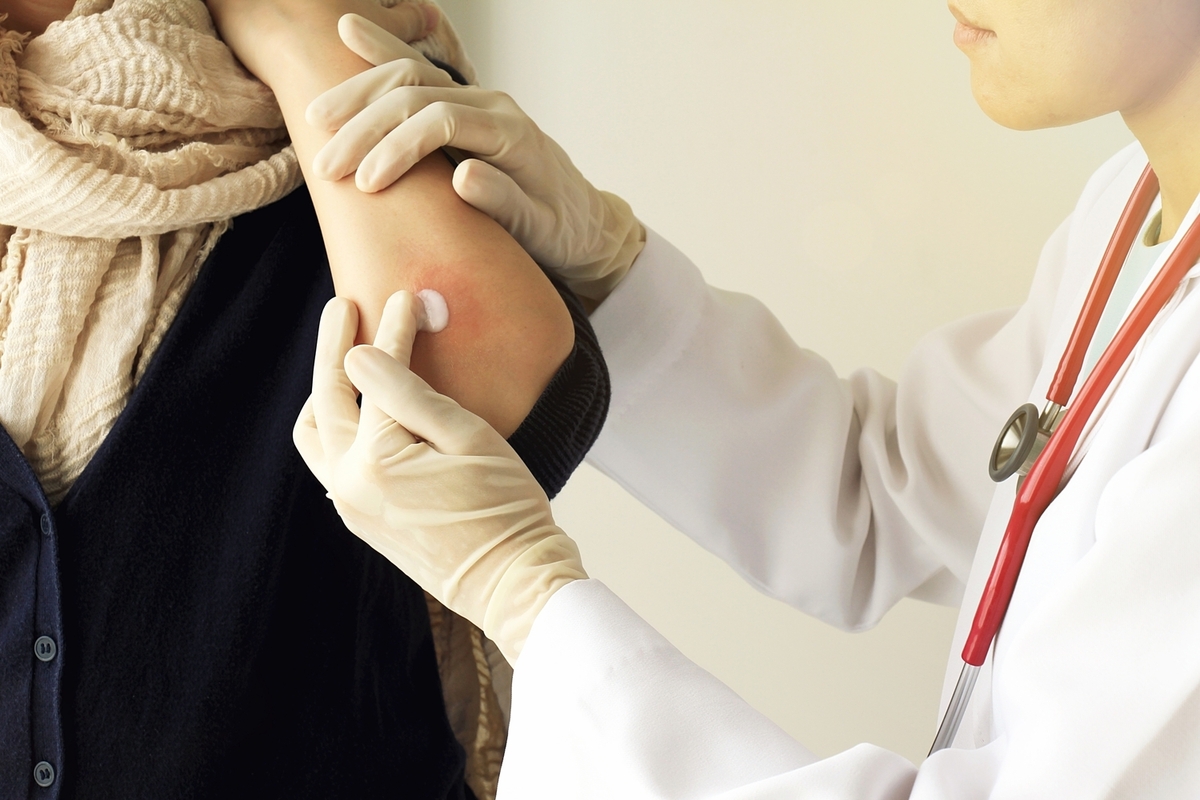Effective Strategies for Managing and Removing Plaque Psoriasis

Plaque psoriasis is a chronic autoimmune condition characterized by the rapid buildup of skin cells, leading to scaling on the skin’s surface. These scales often appear as red patches covered with silvery scales and can be itchy and sometimes painful. While there is no cure for plaque psoriasis, various treatments can help manage the symptoms and reduce the appearance of plaques. This article explores effective strategies for managing and removing plaque psoriasis, focusing on lifestyle changes, topical treatments, and medical interventions.
Plaque psoriasis affects millions of people worldwide, causing discomfort and impacting the quality of life. Understanding the condition and the available treatment options is crucial for effective management. Here are some strategies to consider:
Lifestyle Changes
-
Healthy Diet : A balanced diet rich in anti-inflammatory foods can help manage psoriasis symptoms. Incorporate fruits, vegetables, whole grains, and lean proteins into your diet. Omega-3 fatty acids found in fish, flaxseeds, and walnuts are particularly beneficial.
-
Stress Management : Stress is a known trigger for psoriasis flare-ups. Practices such as yoga, meditation, and deep-breathing exercises can help reduce stress levels. Regular physical activity also promotes overall well-being and can alleviate stress.
-
Avoiding Triggers : Identifying and avoiding personal triggers is essential. Common triggers include smoking, excessive alcohol consumption, and certain medications. Keeping a symptom diary can help pinpoint specific triggers.
Topical Treatments
-
Moisturizers : Regular use of moisturizers can prevent dryness and reduce scaling. Look for products containing ingredients like aloe vera, jojoba oil, and shea butter. Applying moisturizers immediately after bathing can lock in moisture.
-
Topical Steroids : These are commonly prescribed to reduce inflammation and slow down the rapid skin cell turnover associated with psoriasis. They come in various strengths, and a healthcare provider can recommend the appropriate one based on the severity of the condition.
-
Salicylic Acid : This ingredient helps to remove scales and smooth the skin. It is often found in over-the-counter creams and ointments. However, it should be used with caution as it can cause skin irritation if overused.
Medical Interventions
-
Phototherapy : Also known as light therapy, this treatment involves exposing the skin to ultraviolet light under medical supervision. Phototherapy can slow skin cell turnover and reduce scaling and inflammation.
-
Systemic Medications : For moderate to severe cases, systemic medications that work throughout the body may be prescribed. These include oral or injectable medications that target specific parts of the immune system.
-
Biologics : These are a newer class of systemic treatments that target specific proteins involved in the immune response. Biologics are usually prescribed for individuals who do not respond to other treatments.
Home Remedies
-
Oatmeal Baths : Soaking in an oatmeal bath can soothe itchy and inflamed skin. Oatmeal has anti-inflammatory properties that can provide relief from psoriasis symptoms.
-
Aloe Vera : Applying aloe vera gel to the affected areas can help reduce redness and scaling. Aloe vera is known for its soothing and healing properties.
-
Apple Cider Vinegar : Diluted apple cider vinegar can be applied to the scalp to relieve itching and scaling. It is important to rinse it off thoroughly to avoid irritation.
Seeking Professional Help
While home remedies and lifestyle changes can significantly improve symptoms, it is essential to consult a healthcare provider for a comprehensive treatment plan. Dermatologists can offer personalized advice and prescribe treatments tailored to individual needs. Regular follow-ups are crucial to monitor the condition and adjust treatments as necessary.
Managing plaque psoriasis requires a multifaceted approach that includes lifestyle changes, topical treatments, and medical interventions. By adopting a healthy diet, managing stress, and avoiding triggers, individuals can reduce the frequency and severity of flare-ups. Topical treatments and home remedies can provide relief from symptoms, while medical interventions offer more targeted and effective solutions for severe cases. Consulting a healthcare provider is essential for developing a personalized treatment plan and ensuring the best possible outcomes. With the right strategies, individuals with plaque psoriasis can lead a more comfortable and fulfilling life.



